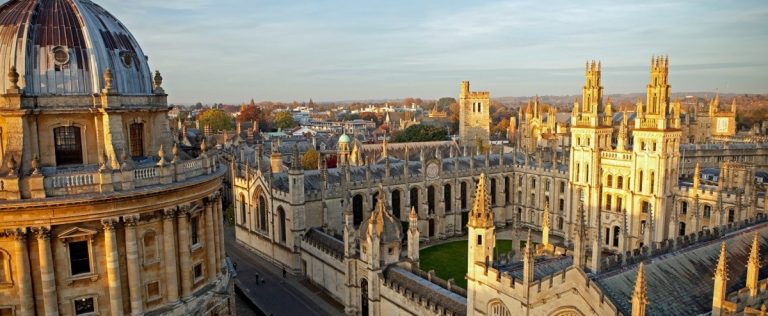
Fears that fee hikes would put young people off going to university appear to have been misplaced, as official figures released on Thursday show that half of young people in England are expected to have entered advanced studies by the age of 30.
According to Department for Education (DfE) statistics measuring participation rates in higher education, the number likely to go to university has hit new heights at 49.3 percent, beating the previous record of 49 percent from 2006, when the annual estimates were first produced.
The percentage of young people likely to go to university has steadily risen over the last decade, apart from a dip when the GBP9,000 (US$12,000) tuition fees were introduced in 2012. There was a fear that this measure would scare people off from attending higher education, especially those from lower-income backgrounds. But this fear appears to have been misplaced as young people are even more likely to go to university now than they were before the fees were hiked, the figures show.
And here in the UK we’re paying £9250 for tuition fees 😒 https://t.co/zhsiHBIpwL
— KhaleesiOfBengal🇧🇩 (@aaishaarahman) September 15, 2017
The figures are likely driven by the lifting of student number controls in 2015 that gave universities free rein to recruit as many undergraduates as they see fit.
The latest statistics showing the influx of students has been met with a mixed response from education groups.
Sarah Stevens, head of policy at Russell Group, a body which represents elite UK universities, told The Telegraph that “higher education is a path to social mobility”.
“The fact that young people, including those from disadvantaged backgrounds, are more likely than ever to attend university is good for students and good for the economy,” she added.
But it has also been met with criticism from those who feel that too many young people are going on to higher education, as a result, believing it is the only “respectable” option.
Independent Schools Council (ISC) chairman Barnaby Lenon said that private school pupils are wrongly forced into university because other options are seen as a “disgrace” and a “failure.” He also criticised school heads who give the impression that university is the only option available to school leavers.
Libby Purves questions uni for all – remember it was supposed to be for 50% of 18+s…is it? pic.twitter.com/bPrXSI060m
— Chris Ramsey (@HMC_HigherEd) August 28, 2017
Universities Minister Jo Johnson welcomed the news saying the figures reflected the government’s commitment to wider participation in higher education.
“Young people recognise that degrees gained from UK universities can lead to rewarding and well-paid jobs – this is why more people are going to university than ever before, including record numbers of 18-year-olds from disadvantaged backgrounds,” he said, as quoted by The Guardian.
The figures also showed that the gender gap in higher education is at record levels. Men were lagging way behind with only 43 percent going on to university, compared to 55 percent of women who take on advanced study. It is the third year in a row that the gap has widened and it shows little sign of slowing down, with female participation rates rising 2.3 percent in the space of a year.
Liked this? Then you’ll love these…
There has been a massive drop in the number of mature students studying at UK universities
5 UK Universities producing graduates who thrive in an increasingly globalised world







